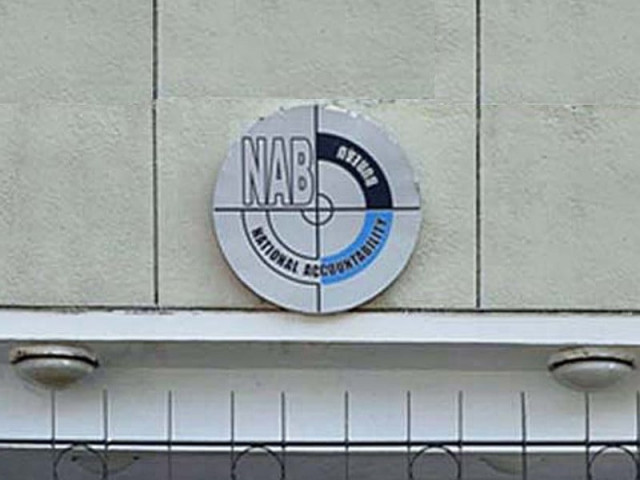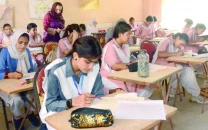Who benefits the most from NAB law amendments?
Many of the country’s key political figures heaving sigh of relief

Key political figures in the country will be breathing a sigh of relief as they are the ones that stand to benefit the most from the amendments made by the PML-N government to the National Accountability Ordinance (NAO) 2000. The fact that these changes have been endorsed by the Supreme Court’s larger bench, led by Chief Justice of Pakistan Qazi Faez Isa, sets the law even further in stone.
Now, several high-profile cases, whether at the inquiry, investigation or trial stage, will reach their conclusion at the National Accountability Bureau (NAB).
A member of PTI legal team believes that SC judgement will also affect the 190-million-pound sterling case, which is nearing its conclusion, against Imran Khan and his wife Bushra Bibi. He confirmed that the party’s legal team is considering to move an application under Section 265K for their acquittal in view of the judgement.
Prime Minister Shehbaz Sharif is a major beneficiary of the amendments, among other leaders of all the main political parties.
The leaders include Mian Nawaz Sharif, Asif Ali Zardari, Molana Fazlur Rehman, Maryam Nawaz, Faryal Talpur, Ishaq Dar, Khawaja Muhammad Asif, Khawaja Saad Rafiq, Rana Sanaullah, Javed Lateef, Makhdoom Khusro Bakhtiar, Amir Mehmood Kayani, Akram Durrani , Saleem Mandviwala, Noor Alam Khan, Nawab Aslam Riasani, Dr Abdul Malik Baloch, Nawab Sanaullah Zehri, Barjees Tahir, Nawab Ali Wasan, Sharjeel Inaam Memom, Anwarul Haq Kakar, Liaqat Jatoi, Amir Maqam , Goram Bugti, Jaffer Khan Mandokhel, and G-B Governor Syed Mehdi Shah.
NAB, while giving details of PM Shehbaz’s cases, informed the Supreme Court that the matter of the alleged illegal allotment of 1,400 kanal of the government land near Lal Suhanra National Park would be affected by the recent amendment as the amount involved is less than Rs500 million.
Similarly, another case against the prime minister on the misuse of authority will be affected as the amount involved in this alleged scam is, once again, less than the mentioned figure.
Thirdly, the inquiry against Shehbaz Sharif and others over the alleged illegal use of the prime minister’s jet from 2014 to 2018 would also be affected under Section 5(o) of the NAB Amendment Act 2022.
Moreover, the investigation against Foreign Minister Ishaq Dar over the alleged illegal appointment of the ZTBL CEO, in violation of the Nationalisation Act 1974, would be affected.
NAB also informed the Supreme Court that an inquiry against PTI leader Shaukat Ali Yousafzai over his alleged misuse of authority as the Khyber-Pakhtunkhwa information minister would be affected as the amount involved was less than Rs500 million.
Interestingly, the SC did not discuss the amendments to the NAB law. The judgement did not endorse Justice Syed Mansoor Ali Shah’s view that the NAB law could apply to judges and generals. However, one member of the bench, Justice Athar Minallah, agreed with Justice Shah’s view.
Advocate Hafiz Ehsaan Ahmad Khokhar says that the Supreme Court correctly held that if the amendments, or any of its provisions, did not conform to fundamental rights prescribed in the Constitution, the same could not be struck down. He adds that the Constitution defines the respective roles of the legislature and judiciary. “Special care should be taken to ensure that neither encroaches onto the domain of the other. The lawyer further observes that the chief justice and judges of the Supreme Court are not the gatekeepers of parliament, thus abiding and following the law will save considerable time of the court and spare public resources.
Hafiz Ehsaan Ahmad arrives at the conclusion that while the current ruling will have a lasting impact on the parliament’s legislative competence, there is an urgent need for Pakistan to establish a transparent, strong, impartial, and credible accountability system.
“This will require the introduction of appropriate legislation that is based on contemporary methods and best practices from around the globe”.



















COMMENTS
Comments are moderated and generally will be posted if they are on-topic and not abusive.
For more information, please see our Comments FAQ